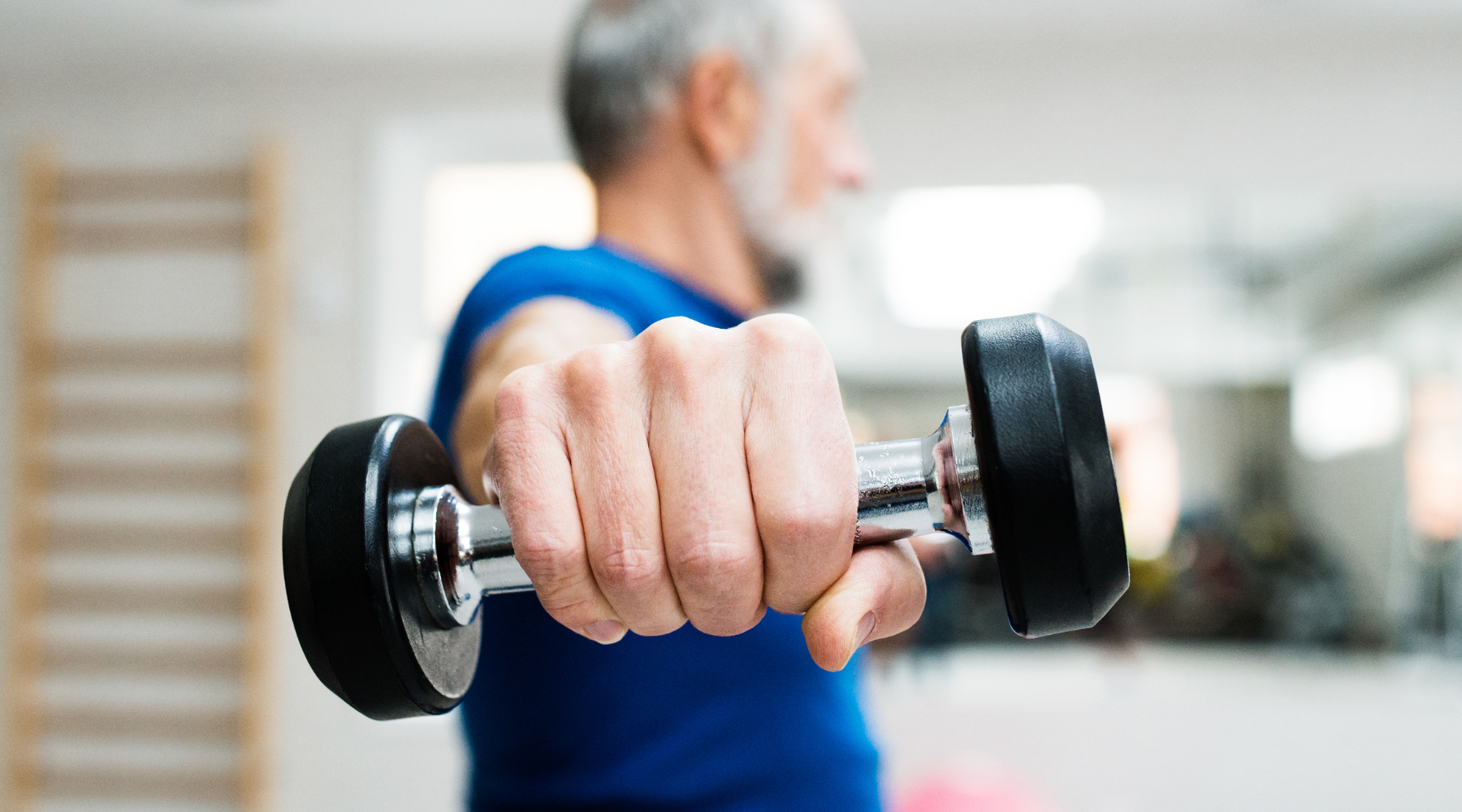In the journey toward a healthier lifestyle, the battle against unwanted weight gain is an all-too-familiar struggle. At the heart of this endeavor lies a simple equation: a calorie surplus leads to weight gain, while a calorie deficit often results in weight loss.
However, there's a significant yet often underestimated player in this equation – Liquid Calories. While the term itself appears self-explanatory, it conceals a diverse array of calorie sources that don't originate from solid foods. In this extensive guide, we aim to delve deep into the realm of liquid calories, exploring their impact on weight management and offering insights on making informed choices.
Unmasking Liquid Calories
Liquid calories encompass a broad spectrum of beverages that carry a caloric payload, with the exception of water, black coffee, and herbal teas. This category includes soft drinks, protein shakes, fruit juices, and more. It's crucial to comprehend the vital role these seemingly innocuous liquids can play in your daily caloric intake.
While the notion of calories is widely recognized as a measure of energy derived from food and beverages, liquid calories often slip through the cracks of our dietary awareness. These "hidden" contributors hold the potential to significantly influence our daily caloric balance.
Liquid Calories and the Weight Loss Conundrum

One commonly heard piece of advice when seeking weight loss is to eliminate liquid calories. The premise is that liquid food is less satiating than solid food, necessitating greater consumption to achieve the sensation of fullness. Given that most individuals eat until they feel full, the most effective weight loss foods are those that provide satiety with fewer calories. This belief has made liquid calories the prime target of dietary scrutiny.
While the act of counting calories may not resonate with everyone, the fundamental role of calories in weight loss remains irrefutable. Although direct calorie counting may be impractical due to the multitude of factors affecting calorie balance beyond mere food and exercise, the essence of weight loss hinges on calorie balance.
Strategies that lead to automatic caloric reduction without requiring arduous tracking are highly sought after in the realm of weight management. This prompts us to scrutinize the advice to avoid liquid calories. Is this counsel justified, and are all liquid calories equally detrimental to the pursuit of weight loss?
Read more: Losing Weight Fast: is it good for you?
The Essence of Liquid Calories
The impact of liquid calories on weight loss hinges on the specific type of liquid calories you consume. Not all liquid calories are created equal, and the content of these beverages can significantly influence the outcome.
Macronutrients, comprising protein, carbohydrates, and fat, exert varying effects on satiety or fullness. When comparing solid and liquid foods, it's imperative to match foods with analogous macronutrient profiles to ensure meaningful comparisons. For instance, comparing solid protein to liquid protein provides a more accurate insight into their respective impacts.
Most liquid calorie sources, particularly within Western diets, are rife with sugar. Beverages such as soft drinks and fruit juices, which are predominantly sugar-based, contribute significantly to liquid calorie intake. It's the sugar content, rather than the liquid form, that takes center stage in thwarting weight loss efforts.
The Power of Expectation
Not all studies deliver consistent results regarding the influence of solid and liquid foods on satiety. Some studies suggest that solid foods offer advantages over their liquid counterparts. The perceived conflict is rooted in the influence of preconceived expectations. Our anticipation of which foods will create a sense of fullness can significantly sway how full we genuinely feel.
Familiarity with particular foods also plays a pivotal role in molding our expectations. Solid foods are often considered more filling because we anticipate them to be so. It appears that the actual effect on fullness may be linked more to our consumption habits and approach to these foods, rather than inherent qualities distinguishing solids from liquids.

A Pragmatic Approach to Liquid Calories
In practical terms, a substantial portion of liquid calorie consumption in Western diets is associated with sugar-laden beverages like soft drinks and fruit juices. These beverages often fail to induce a sensation of fullness due to their low nutrient content and the general expectation that they won't be satisfying.
Eliminating these sugar-laden liquid calories from your diet can lead to a significant reduction in sugar-derived calories without an accompanying surge in hunger. This approach not only fosters weight loss but also removes nutrient-poor elements from your dietary equation, culminating in a win-win situation.
When striving for optimal weight management, it's advisable to exercise vigilance in introducing liquid calories into your diet. A recommended approach is to eliminate these calories initially and then reintroduce only those that can be justified as nutritionally valuable or supportive of your weight loss objectives.
Liquid Calories and Your Metabolism
Understanding the intricate connection between liquid calories and your metabolism is key in the ongoing battle against unwanted weight gain. Research suggests that the speed at which your body absorbs liquid calories can impact your metabolic rate.
For instance, beverages loaded with carbohydrates and added sugars are rapidly digested. This quick digestion process can lead to sudden spikes in blood sugar levels and offer minimal feelings of fullness. As a result, these liquid calories may not provide the sustained energy your body needs, potentially impacting your metabolism.
Liquid Calories and Psychological Hunger
Liquid calories and their relationship with psychological hunger form a fascinating aspect of our dietary landscape. While the debate regarding the satiety of liquid calories compared to solid ones continues, it's crucial to delve into the psychological nuances that influence our eating behavior and satisfaction.
Expectations play a pivotal role in our perception of fullness. When we consume foods or beverages, we often have preconceived notions about how satisfying they will be. In the case of liquid calories, the absence of bulk can sometimes lead to a mismatch between the expected and actual level of fullness. This incongruence can result in feelings of dissatisfaction, even if the caloric content is similar to that of a solid meal.
Familiarity with certain foods also molds our expectations. We tend to associate solid foods with fullness, even if the same nutrients exist in liquid form. This suggests that our eating habits and psychological connections with specific foods and drinks might contribute more to the perception of hunger and satisfaction than whether the calories are liquid or solid.
By recognizing the psychological elements at play, individuals can make more informed decisions about their dietary choices. Understanding the impact of psychological hunger in relation to liquid calories empowers individuals to navigate their calorie intake more effectively, making the journey toward a healthier lifestyle that much smoother.
Read more: Eat More, Weigh Less: Sustainable Weight Loss
Healthy Liquid Calorie Alternatives

Healthy liquid calorie alternatives offer a balance between satisfying your thirst and nourishing your body. Here are some options that can support your nutritional goals:
Herbal Teas: Herbal teas come in various flavors and have virtually no calories. They offer hydration and can be a comforting alternative to sugary beverages. Some herbal teas, like green tea or chamomile tea, are known for their potential health benefits.
Nutrient-Dense Smoothies: Create smoothies using whole fruits, vegetables, and protein sources like Greek yogurt, nut butter, or protein powder. These nutrient-packed beverages are rich in vitamins, minerals, fiber, and protein, making them a satisfying and healthy option.
Vegetable Juices: Vegetable juices, such as freshly squeezed green juices, are low in calories and provide essential nutrients. They're a great way to increase your vegetable intake, and the natural sugars in vegetables make them a healthier choice compared to fruit juices.
Protein Shakes with Balanced Macronutrients: Protein shakes can be an excellent choice, especially if you're looking to support muscle growth or maintenance. Opt for protein shakes that have a balanced macronutrient profile, providing protein, healthy fats, and complex carbohydrates for lasting energy and satiety.
Infused Water: Infusing water with fresh fruits, herbs, or vegetables adds flavor without extra calories. It's a refreshing and hydrating alternative to sugary drinks.
Low-Sugar Nut Milk: Unsweetened almond, coconut, or cashew milk can be used as a dairy milk substitute with fewer calories and less sugar. These milk alternatives are often fortified with essential vitamins and minerals.
Sparkling Water: For those who enjoy carbonation, sparkling water offers the fizz without the calories. You can add a slice of citrus or a sprig of mint for extra flavor.
When incorporating these healthier liquid calorie alternatives into your diet, be mindful of portion sizes and overall calorie intake. While these options can contribute to a balanced diet, it's essential to maintain moderation and consider your specific nutritional goals.
Practical Strategies for Managing Liquid Calories
Managing liquid calories effectively is essential for maintaining a healthy diet and achieving your nutritional goals. Here are five practical strategies to help you control your liquid calorie intake:
Read Labels and Nutritional Information:
Before purchasing any beverage, take a moment to read the label and check the nutritional information. Look for details on calories, added sugars, and serving sizes. This information will help you make informed choices about what you're consuming.
Opt for Unsweetened or Low-Sugar Options:
Whenever possible, choose unsweetened or low-sugar versions of beverages. For example, opt for unsweetened almond milk, plain Greek yogurt instead of sweetened varieties, and iced tea without added sugar. This simple switch can significantly reduce your liquid calorie intake.
Dilute Sugary Drinks:
If you enjoy fruit juices, sports drinks, or sugary beverages, try diluting them with water. Mixing half of the sugary drink with water can significantly reduce the calorie content while still providing some flavor. Over time, you can gradually increase the water ratio to cut down on calories.
Practice Portion Control:
Be mindful of portion sizes when consuming liquid calories. It's easy to overindulge, especially with calorie-dense drinks like smoothies or coffee drinks. Use smaller cups or glasses to help control your portion sizes and avoid empty calories.
Build Healthy Habits:
Establish habits that align with your health and weight management goals. For example, start your day with a glass of water, carry a reusable water bottle with you to stay hydrated throughout the day, and choose water or other low-calorie options when dining out. These habits can help you stay on track and reduce the temptation to consume high-calorie beverages.
By incorporating these practical strategies into your daily routine, you can better manage your liquid calorie consumption and make choices that support your overall health and well-being. Remember that small changes can lead to significant improvements in your diet and nutrition, ultimately enhancing your journey toward a healthier lifestyle.




